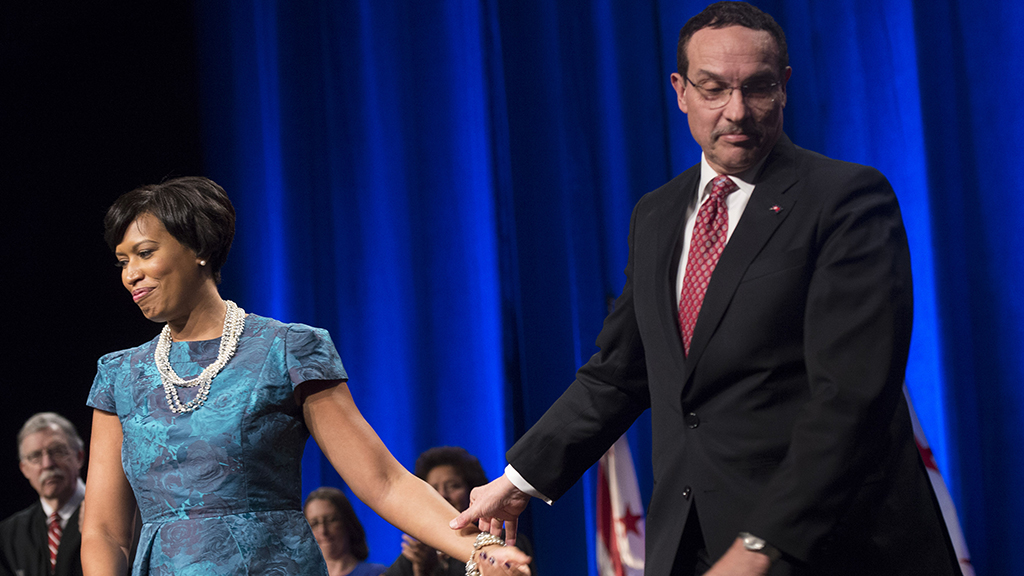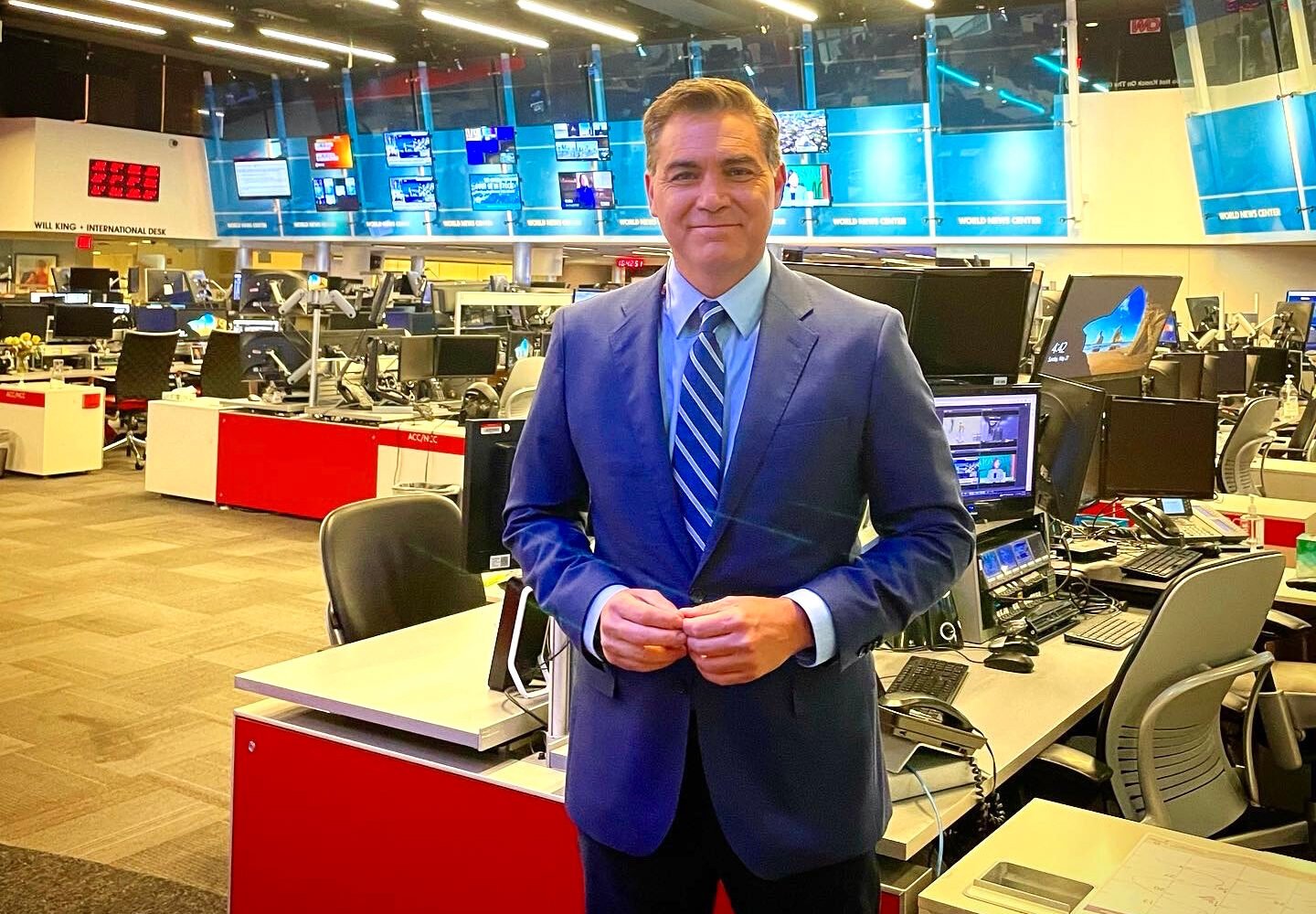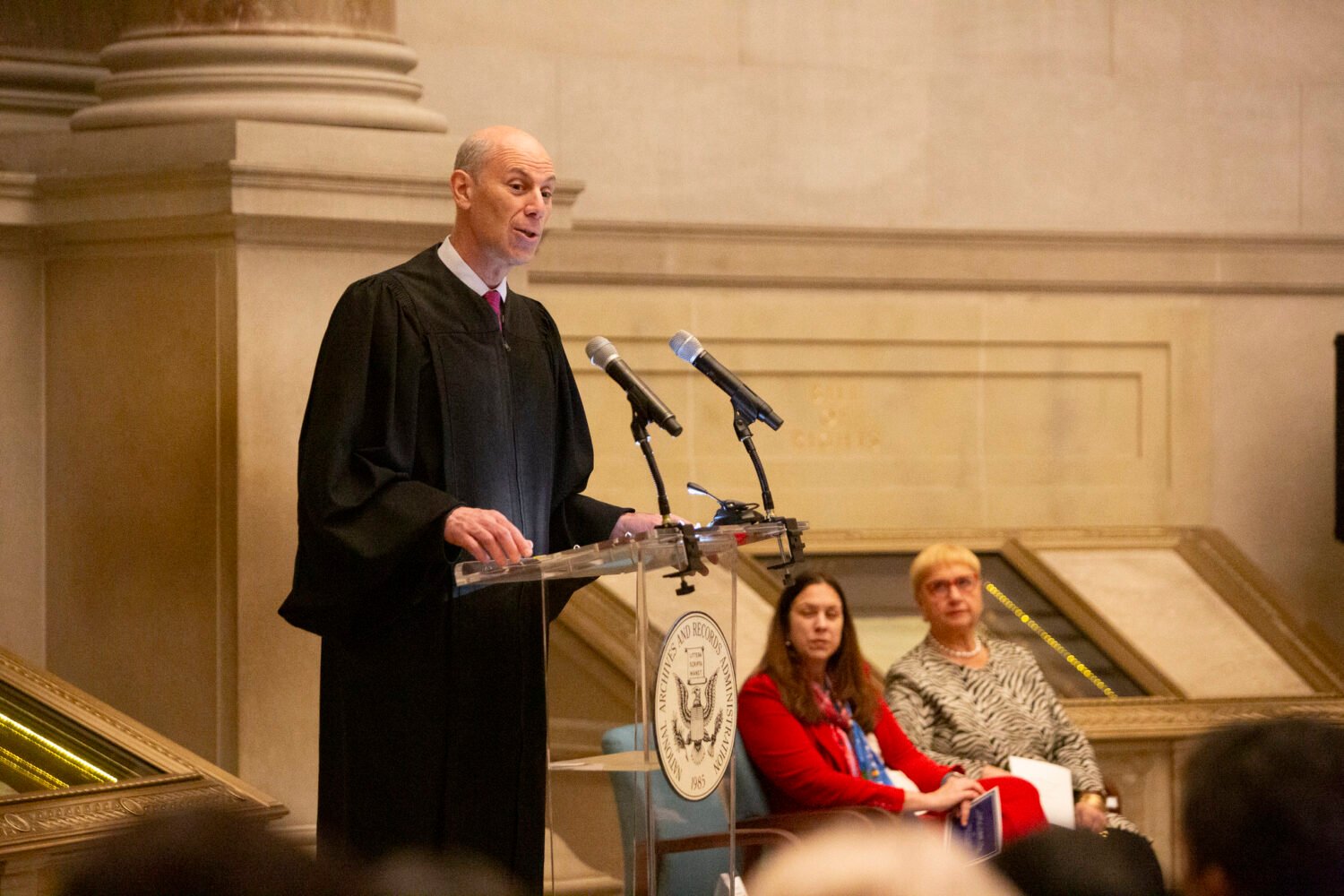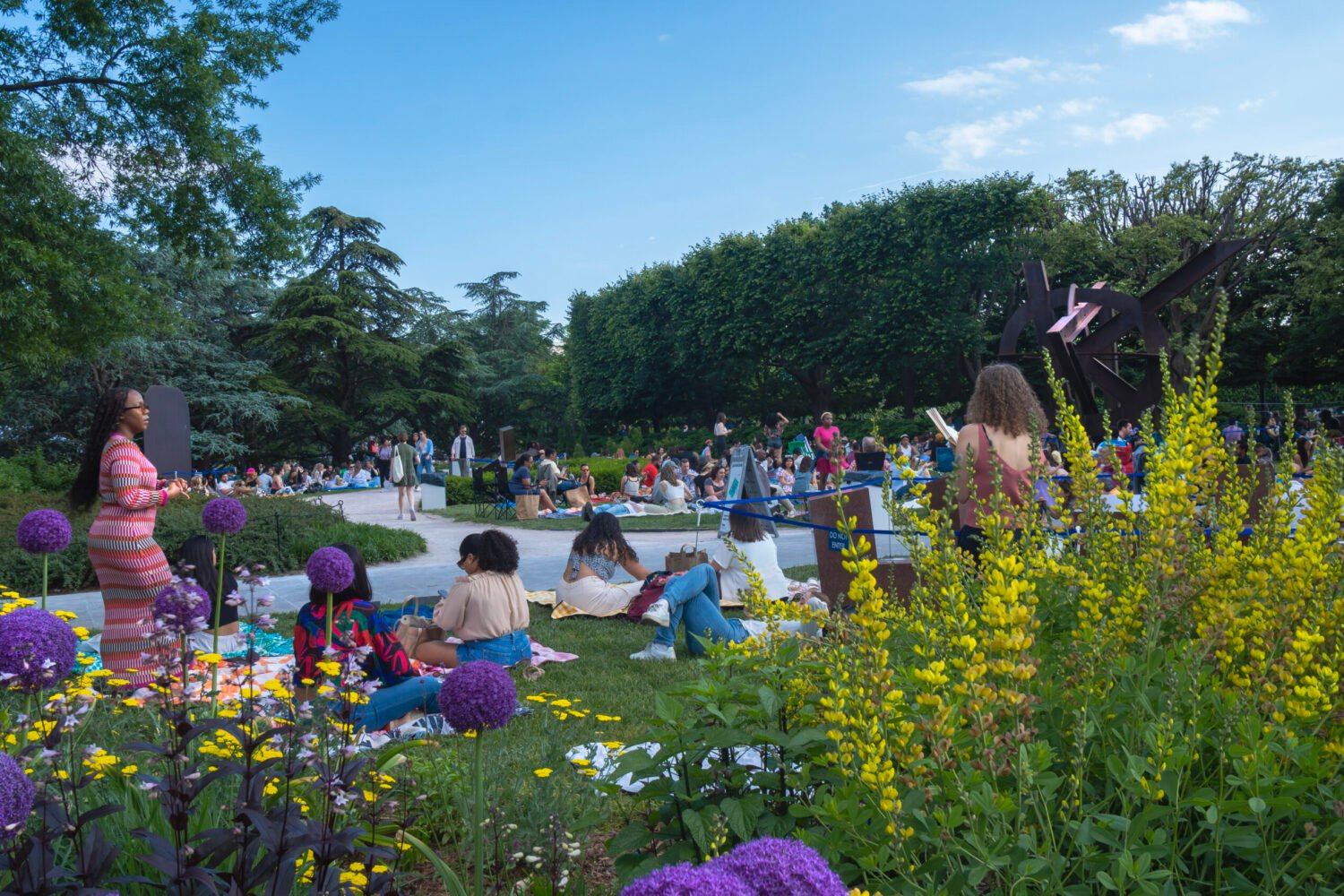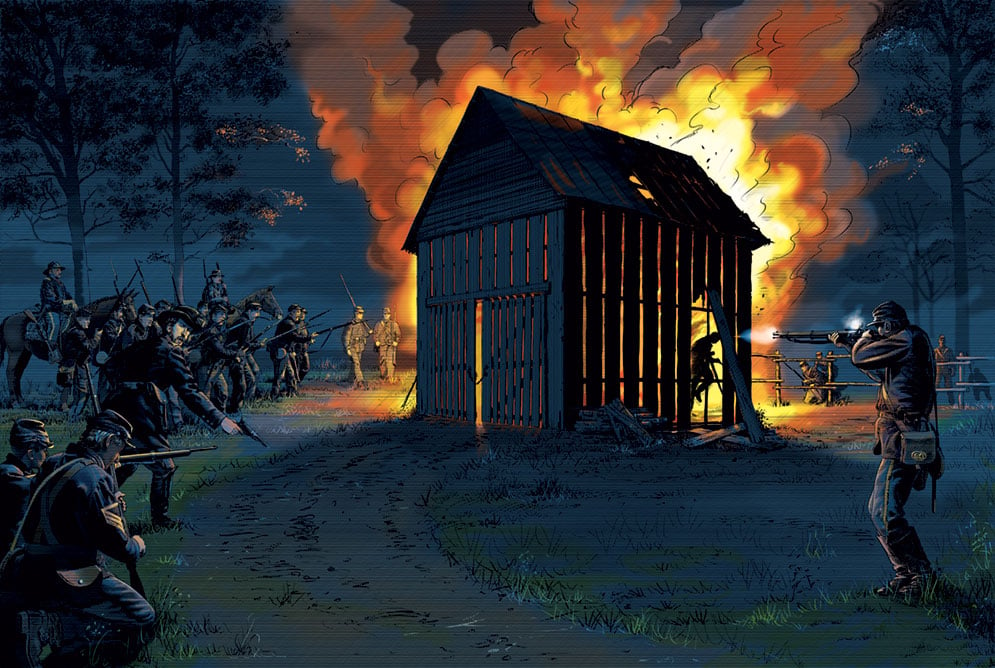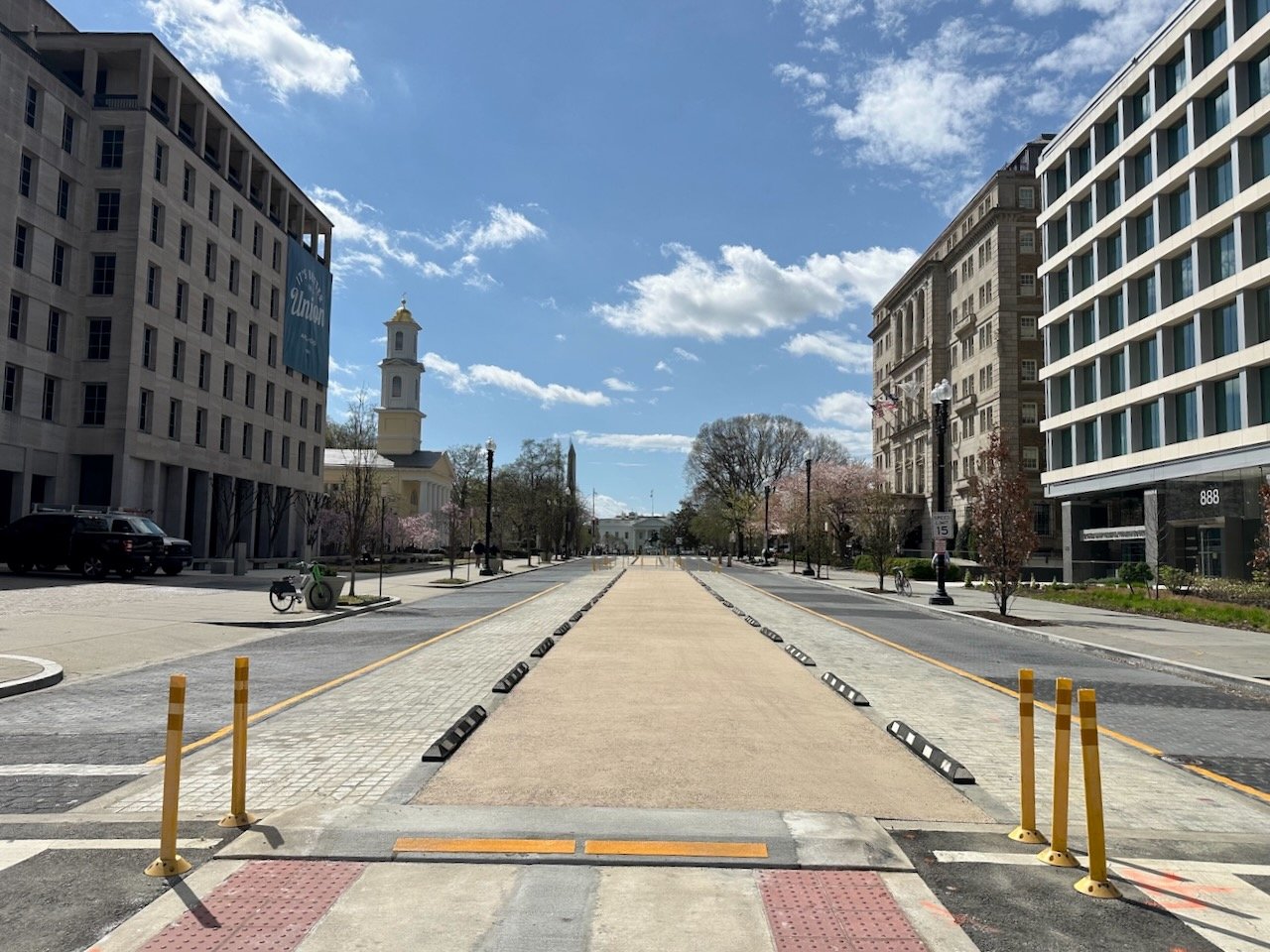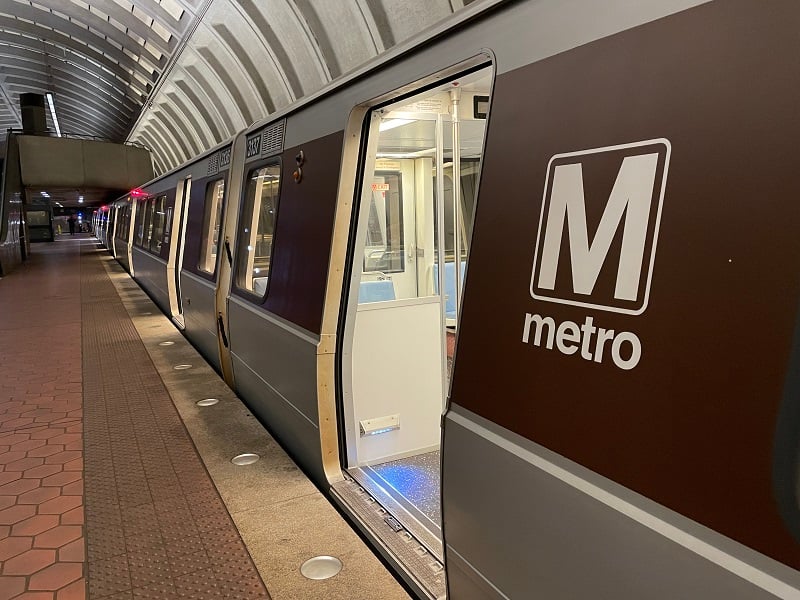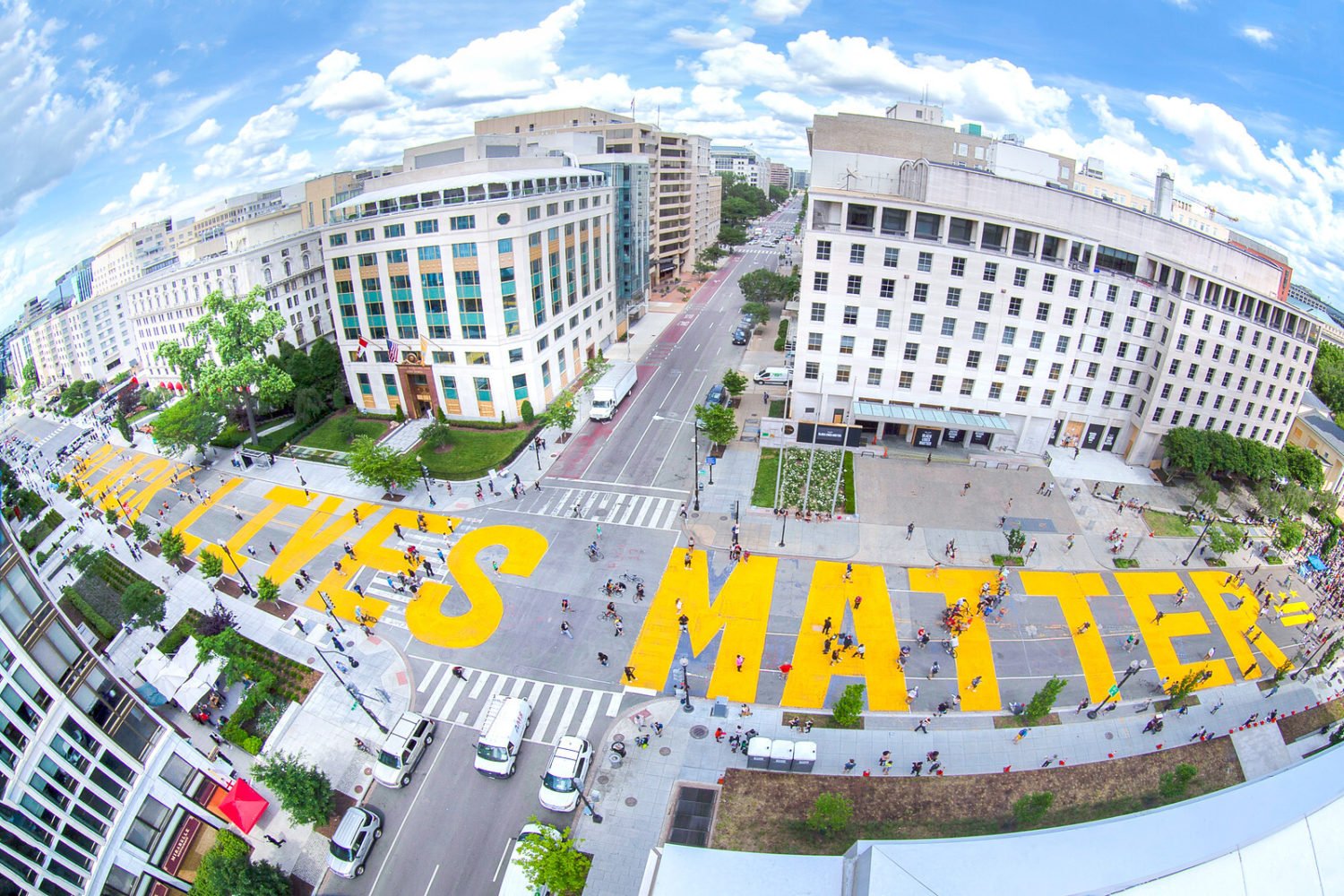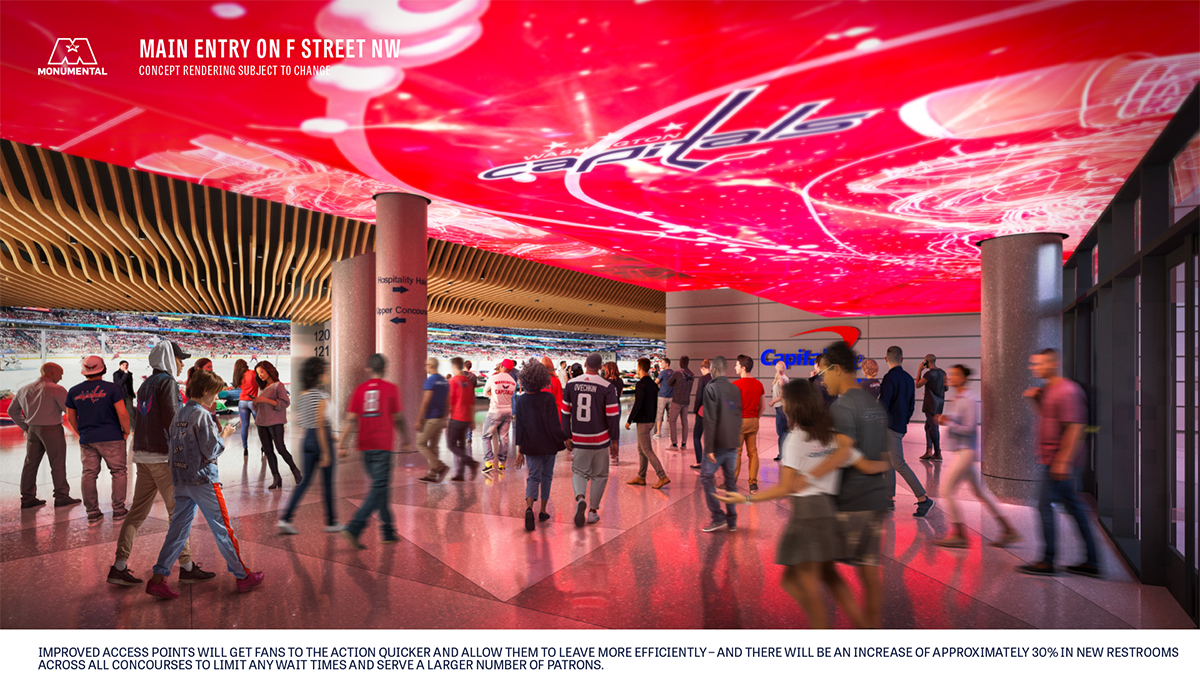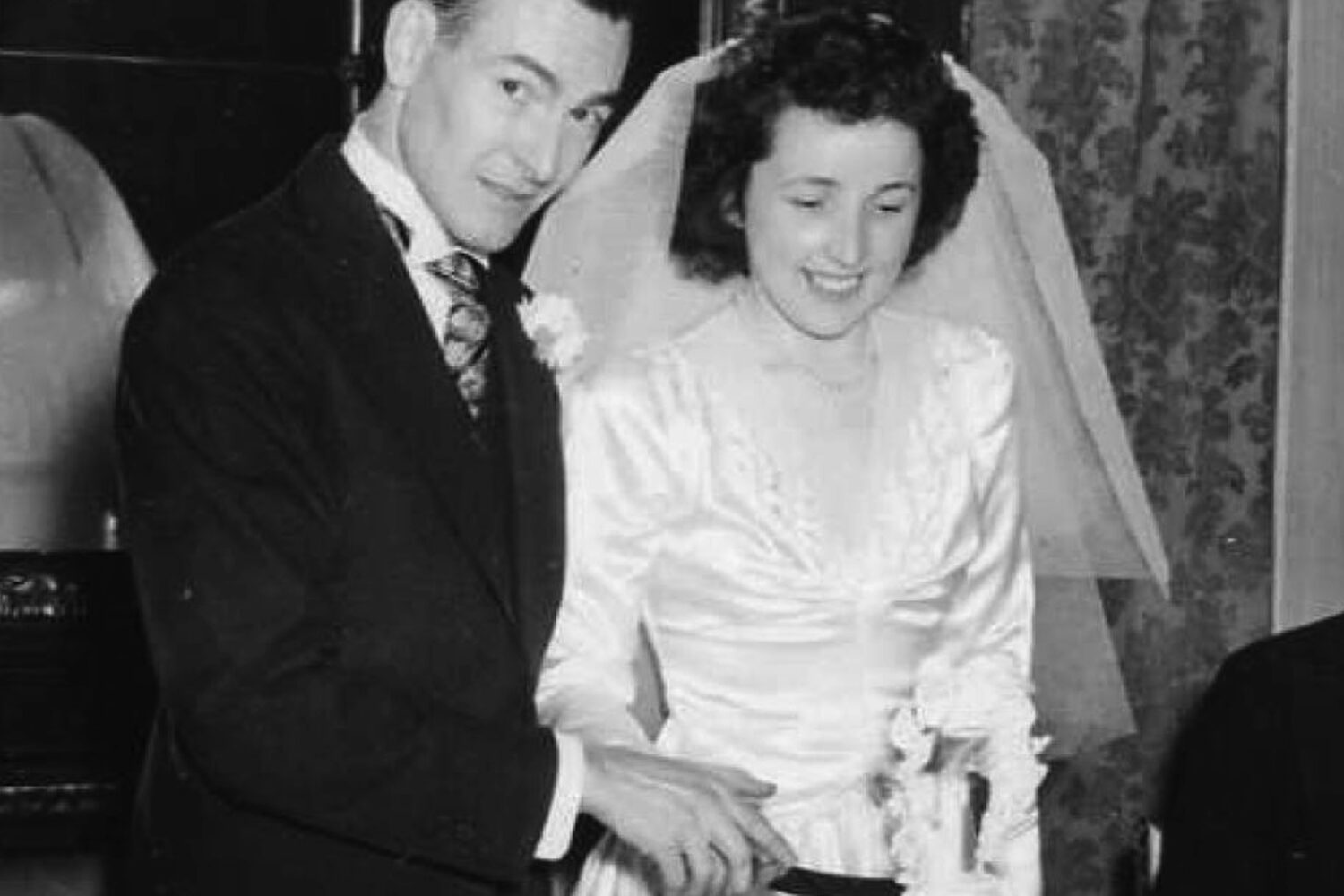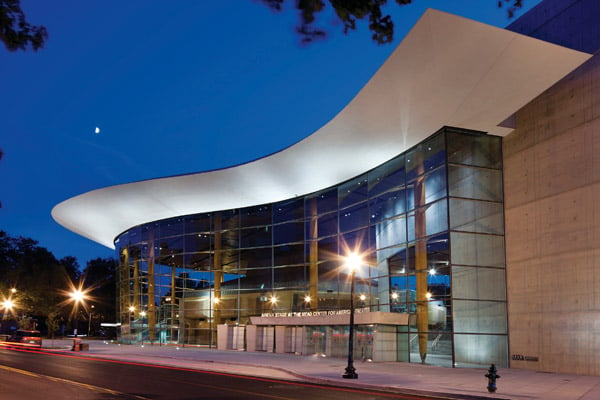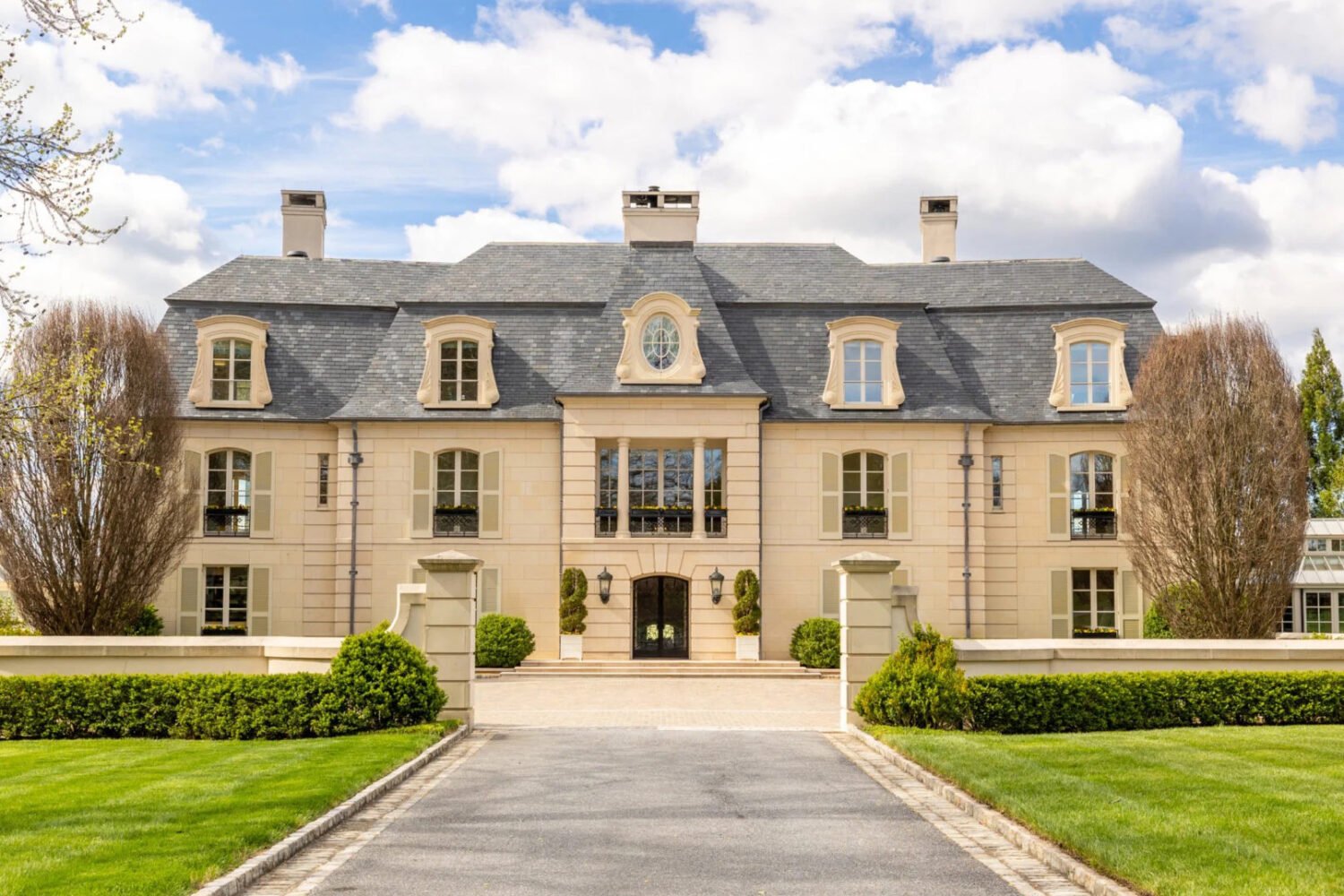Last December, when the feds ended their nearly five-year campaign-corruption probe without charging Vince Gray, the former DC mayor took a victory lap, visiting with Fox 5, WAMU’s Kojo Nnamdi, and the New York Times. At each stop, he was invited to vent his anger at former US Attorney Ronald Machen, whose pursuit of Gray had overshadowed the April 2014 mayoral primary. Gray obliged, but in the days that followed, he focused his ire less on Machen than on the person Gray maintains benefited unfairly from his downfall: current mayor Muriel Bowser. When, in early February, he announced on Nnamdi’s show that he was running for his old Ward 7 council seat, callers were already encouraging him to run for mayor in 2018. If the win over Machen was round one in Gray’s comeback, round two is shaping up to be between him and Bowser.
The awkwardness of what’s about to transpire in District politics is succinctly captured in the words “DC Council candidate Vince Gray.” The voters have seated an ex-mayor before in the person of Marion Barry, a depleted version of whom represented Ward 8 for 15 years before passing away in 2014. Gray, by contrast, left office just 15 months ago in mid-stride, backed by both labor unions and the DC Chamber of Commerce. If he’s elected to the council, a title will be irrelevant; he’ll be the Shadow Mayor.
The ungainly situation is exacerbated by a history of deep hostility between Gray and Bowser. It’s “beyond politics,” says a District Building official who is close to both of them. “It’s very personal.”
Their animosity dates to 2010, when Gray, then council chair, bumped off Bowser’s mentor, Mayor Adrian Fenty, in an ugly, divisive campaign. When, in 2012, federal prosecutors found that Gray’s campaign had banked $650,000 in unreported cash, Bowser quickly called for his resignation, even though he hadn’t been implicated. “Vince saw that as an act of treason,” says his political adviser, Chuck Thies.
After Bowser unseated her predecessor two years ago, Gray belatedly congratulated her, but the two never spoke during the transition. Says a veteran council member: “No doubt, he would be a thorn in Bowser’s side.”
That’s not a platform for a council seat, of course, and in mounting a comeback, Gray must be careful that his campaign isn’t seen as a personal crusade. After announcing for Ward 7, he immediately faced questions about what, other than his own ambition, had caused him to turn on incumbent Yvette Alexander, once his protégé (though she now votes with Bowser, who has thrown her political support and cash).
But voters on DC’s eastern side may see little distinction between Gray’s fortunes and their own. He has long been the voice of low-income and middle-class African-Americans, many of whom believe they haven’t been represented since Barry died. “He becomes their de facto leader,” says Thies.
Theoretically, Gray could build on that support to dethrone Bowser in 2018. “I wouldn’t rule out anything,” he has said when asked about a run for mayor. But in choosing not to vie for an at-large council seat, Gray all but admitted that his standing outside the eastern wards is weak. Furthermore, while the feds couldn’t try Gray, they didn’t exonerate him, and even as he announced, a new audit identified more financial shenanigans in his 2010 campaign.
On top of that, Gray—already the oldest person to be elected DC mayor—turns 76 two days after the 2018 election. Of his prospects in Ward 7, Bowser told Washington City Paper that the voters are “future-oriented,” a knock on Gray’s age and traditional base.
Championing that base alone may present trouble for Bowser, however. Several local races could be reframed as her Green Team versus the old guard: LaRuby May, whom the mayor helped install in Ward 8, faces a tough reelection. At-large member Vincent Orange, another Bowser ally, is also vulnerable. If Gray pulls the council free of her control in June, DC will be a city of two angry mayors.
This article appears in the March 2016 issue of Washingtonian.

